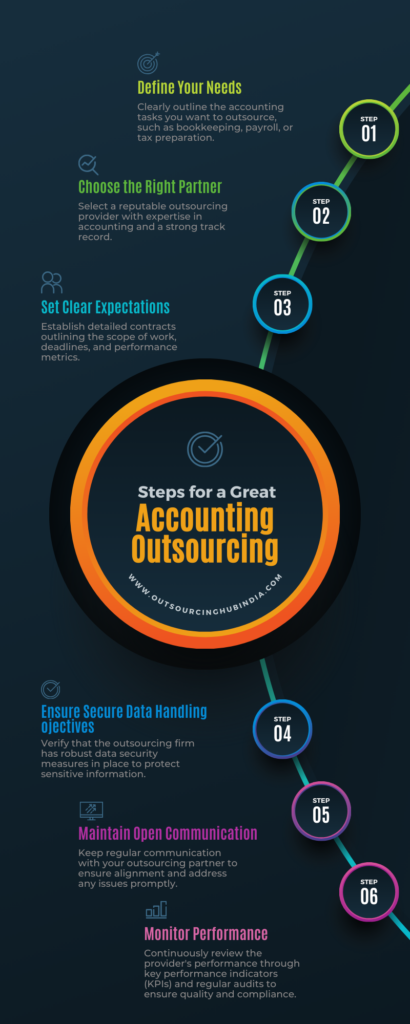
Accounting Outsourcing: Boost Business with External Resources
- May 21, 2024
- OHI

In today’s fast-paced business environment, companies are continually seeking ways to enhance efficiency, reduce costs, and focus on core competencies. One strategy that has proven to be highly effective is outsourcing. Outsourcing involves delegating certain business functions to external service providers. In the accounting field, this practice can offer numerous advantages, from cost savings to access to specialized expertise. This blog explores the benefits of outsourcing accounting functions and provides insights on how to leverage external resources for business success.
Accounting outsourcing refers to the practice of hiring external firms or professionals to handle accounting tasks. These tasks can range from basic bookkeeping and payroll processing to more complex functions like tax preparation, financial analysis, and auditing. By outsourcing these tasks, companies can focus on their primary business activities while ensuring their accounting needs are managed by experts.


While the benefits of outsourcing are clear, achieving success requires careful planning and execution. Here are some key considerations to keep in mind:
Several companies have successfully leveraged accounting outsourcing to achieve significant benefits. For instance:
Outsourcing accounting functions offers a myriad of benefits, from cost savings and access to expertise to enhanced focus on core activities and improved compliance. By carefully selecting the right outsourcing partner and establishing clear communication, performance metrics, and data security protocols, businesses can effectively leverage external resources for success. Whether you’re a small business looking to streamline operations or a large corporation seeking specialized expertise, outsourcing can be a strategic move to enhance your operational efficiency and drive growth.
Contact us for a customized NO OBLIGATION proposal for outsourcing your accounting activities.









